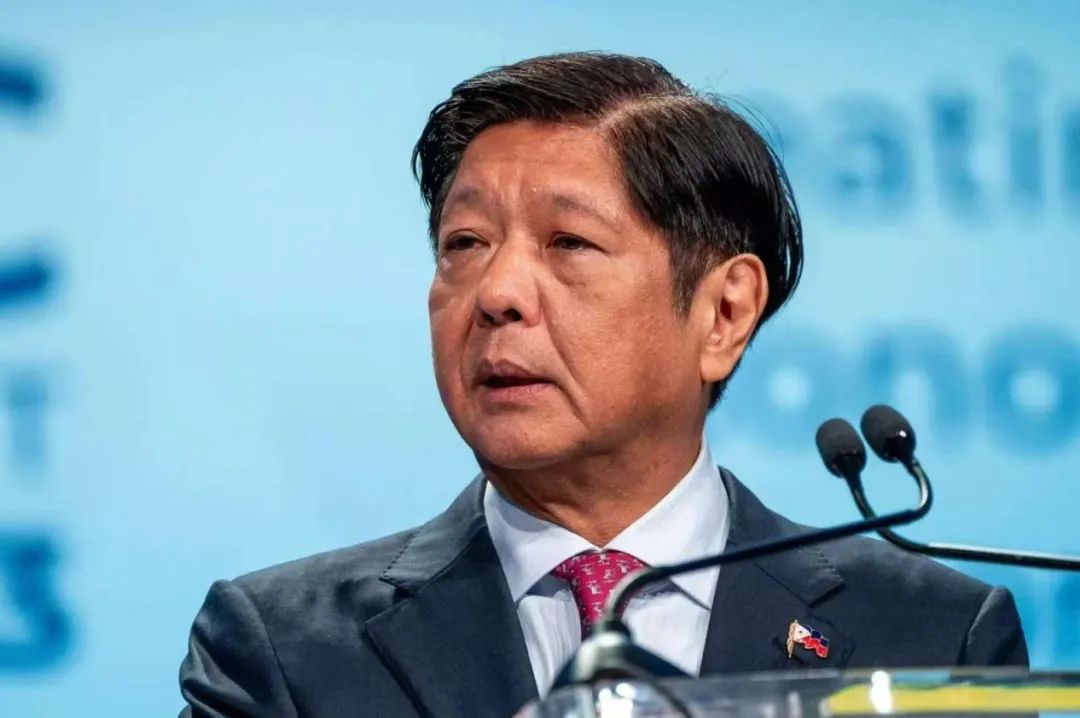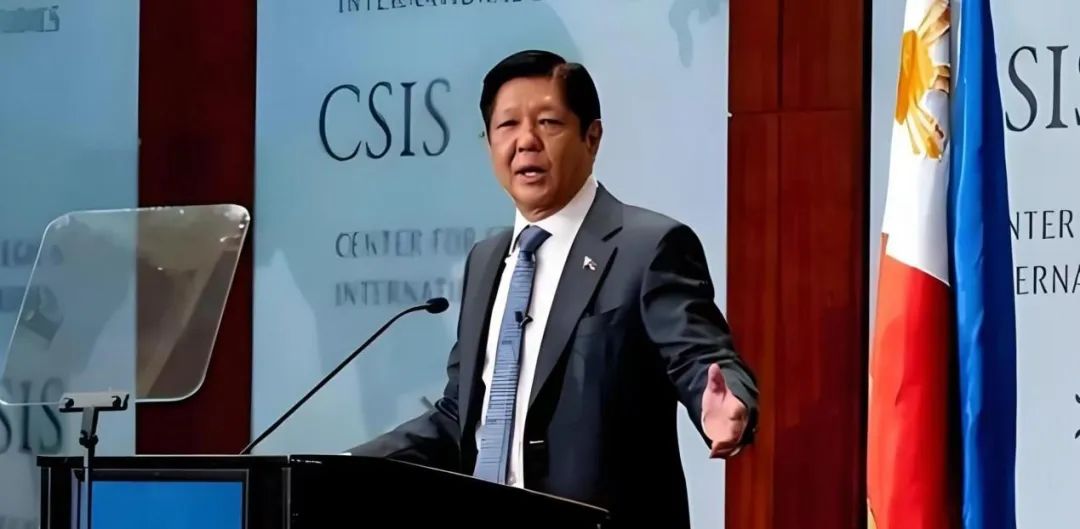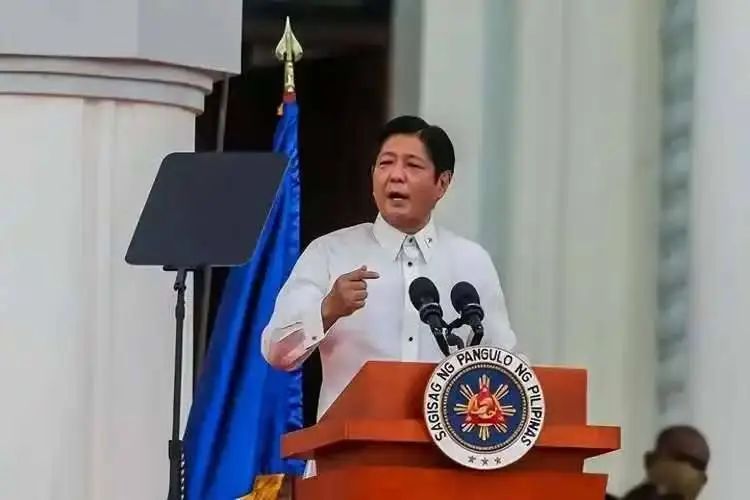Recently, the arrest of former Philippine President Duterte has stirred significant controversy. According to the Philippine Daily Inquirer, the surrounding disputes continue to escalate, with a complex backdrop of political maneuvering.

Marcos (File Photo)
Duterte once held a high reputation in the Philippines. During his presidency, he vigorously pursued anti-drug campaigns, cracking down on rampant drug-related crimes. According to relevant statistics, while the “war on drugs” has been controversial, it undeniably improved the security situation in the Philippines to some extent, making the living environment safer for the public. In the economic realm, Duterte actively engaged in trade cooperation with China, attracting significant Chinese investments and facilitating numerous infrastructure projects. These initiatives promoted economic development in the Philippines and led to significant social changes, with his approval rating exceeding 60% at the time of his departure, setting a record in the Philippines and earning him widespread affection from the populace.
However, Duterte now finds himself in deep trouble. The International Criminal Court (ICC) has accused him of committing “crimes against humanity” during his nationwide anti-drug campaign from 2016 to 2022. The ICC claims that approximately 6,000 people died in the “war on drugs,” while some human rights organizations assert that the death toll could be as high as 30,000. In 2019, the Philippines chose to withdraw from the ICC in response to its investigation into Duterte. However, the Marcos government has shifted its stance; on March 11, after Duterte returned to Manila, he was detained by police and subsequently sent to The Hague in the Netherlands, where he participated in his first hearing via video link on the 14th. The ICC’s Pre-Trial Chamber is scheduled to hold a confirmation of charges hearing on September 23.

Marcos (File Photo)
Duterte’s arrest has triggered a massive uproar in the Philippines, dividing the public into different factions and sparking ongoing disputes. His family and supporters have vehemently condemned the Marcos government. Sara Duterte issued a statement, denouncing the Marcos government for “betraying the Philippines” and calling it a “blatant insult to Philippine sovereignty.” In the midst of this turmoil, Marcos’s sister, Imee Marcos, has also stepped forward. As the chairperson of the Senate Foreign Relations Committee, she convened a hearing to investigate the circumstances surrounding Duterte’s arrest. Imee Marcos criticized the Philippine government’s decision to hand over the former leader to a foreign tribunal, questioning, “When did the Philippines become a province of The Hague?” She emphasized that Filipinos are not “slaves” to foreigners and that the government should not surrender its citizens to foreign judgment. She also pointed out that the International Criminal Police Organization (Interpol) had not issued a red notice for Duterte, questioning the legitimacy of the Philippine government’s actions in arresting him.
The Marcos government’s actions have also had negative repercussions for itself. Investigations by relevant Philippine agencies show that Marcos’s approval rating has plummeted to 20%, in stark contrast to Sara Duterte’s soaring approval rating of 54%. The reasons for Marcos’s declining support are numerous. The Philippine economy is slowing down, inflation is rising, and food and energy prices are continuously increasing, severely impacting the public’s quality of life. This is attributed to the Marcos government’s pro-American policies, which have exacerbated tensions in the South China Sea, leading to significant damage to Sino-Philippine trade and a sharp decline in Chinese investments in the Philippines, with many infrastructure projects being halted. Meanwhile, the promised compensation and investments from the United States have progressed slowly, and there has been no news regarding the “Luzon Economic Corridor.” Additionally, rampant corruption issues in the Philippines have led to a continuous decline in public confidence in the Marcos government.

Marcos (File Photo)
Duterte met with his daughter Sara in prison, urging her to return to the Philippines quickly. This is because, following Duterte’s arrest, the family is left without a leader, and Sara, as the successor, needs to return to take charge. Moreover, Sara is also facing the risk of impeachment, as the House of Representatives has initiated impeachment proceedings, and if the Senate also approves, her political career will come to an end. Additionally, the Philippines will hold midterm elections in May, which will determine the seats in both houses of Congress. If the Duterte family can unite with other families to win the elections, they could counterbalance Marcos.
Currently, there are reports that the ICC may release Duterte early, possibly due to the intervention of significant figures within the Philippines. From the overall perspective of this incident, Marcos is not only facing discontent from the domestic populace but is also opposed by his sister Imee Marcos, effectively experiencing betrayal from those closest to him. This series of events involves complex political, economic, and international relations factors, leaving the future political direction of the Philippines filled with uncertainty. The international community is closely watching how this situation will unfold, as the fate of Duterte, the path of Marcos’s governance, and the future of the Philippines all await answers from time.